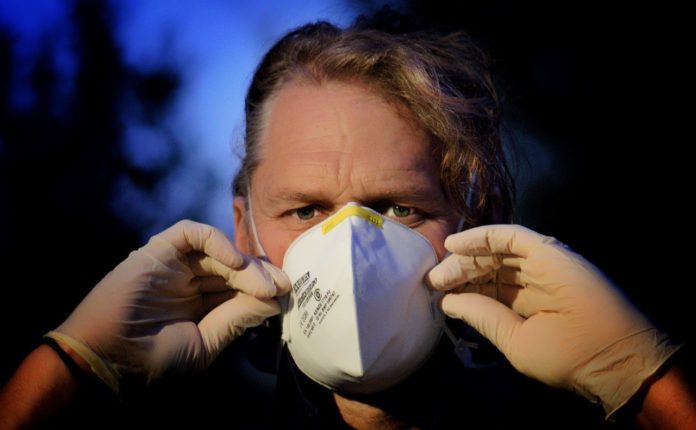American scientists have identified the most dangerous places to get coronavirus, which are responsible for up to 85% of infection cases.
However, specialists point out that it is not necessary to close them again, but to limit their access.
The total reopening of restaurants, gyms and hotels represents the greatest threat of the spread of the coronavirus, indicates a study carried out by scientists from Stanford and Northwestern universities in the US. Researchers have come to that conclusion after tracking the movement of 98 million people using mobile phone data.
“On average, reopened metropolitan areas, restaurants, gyms, hotels, coffee shops, religious organizations, and cafes experienced the largest projected increases in infections when they reopened”
the study, published in the journal Nature, explains.
According to the results of the research, restaurants, where the number of visitors was no longer regulated, became the largest source of spread. Gyms, coffee shops, hotels and motels followed.
The authors of the work concluded that up to 85% of infections can be concentrated in 10% of the sites examined.
The restriction is the way out
However, to combat the virus it is not necessary to completely close these locations, but to limit the number of people, experts say.
Thus, using data collected in the city of Chicago, the researchers found that the full opening of restaurants on May 1 resulted in 600,000 additional cases of contagion, while the opening of gyms would have caused 149,000 additional cases. If the city had completely opened all the distribution sites mentioned in the study, another 3.3 million people would have been infected with COVID-19.
But if restaurants and other hangouts lowered their maximum occupancy rates to 30%, it would only result in 1.1 million infections. And a 20% occupancy limit would lead to 650,000 new cases.
Ultimately, the restrictions could reduce the number of infections by more than 80%, the researchers note.
The most vulnerable
The study also confirmed that people from disadvantaged socioeconomic groups and members of racial minorities were at increased risk of infection, as they could not limit their circulation much. In addition, the places they visit are more crowded.
Thus, the model shows that a visit to the supermarket is twice as dangerous for a low-income person as for a high-income person.
“This is due to the fact that in supermarkets visited by low-income people, on average, it has 60% more people and visitors stay there 17% longer”
explains Professor Jure Leskovec, one of the study’s authors.
Leskovec emphasizes that it is important to find a solution that protects people and does not harm the economy. Therefore, it is necessary to simulate various scenarios for opening public places and evaluate how this will affect the spread of the virus.
